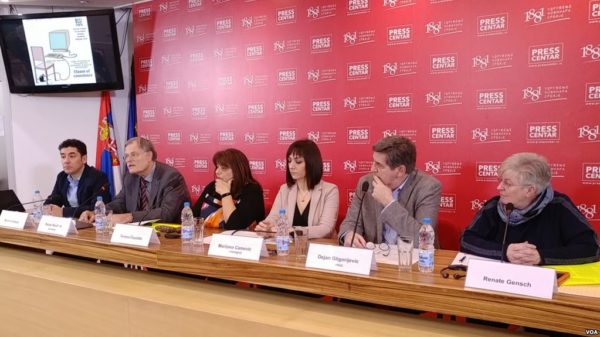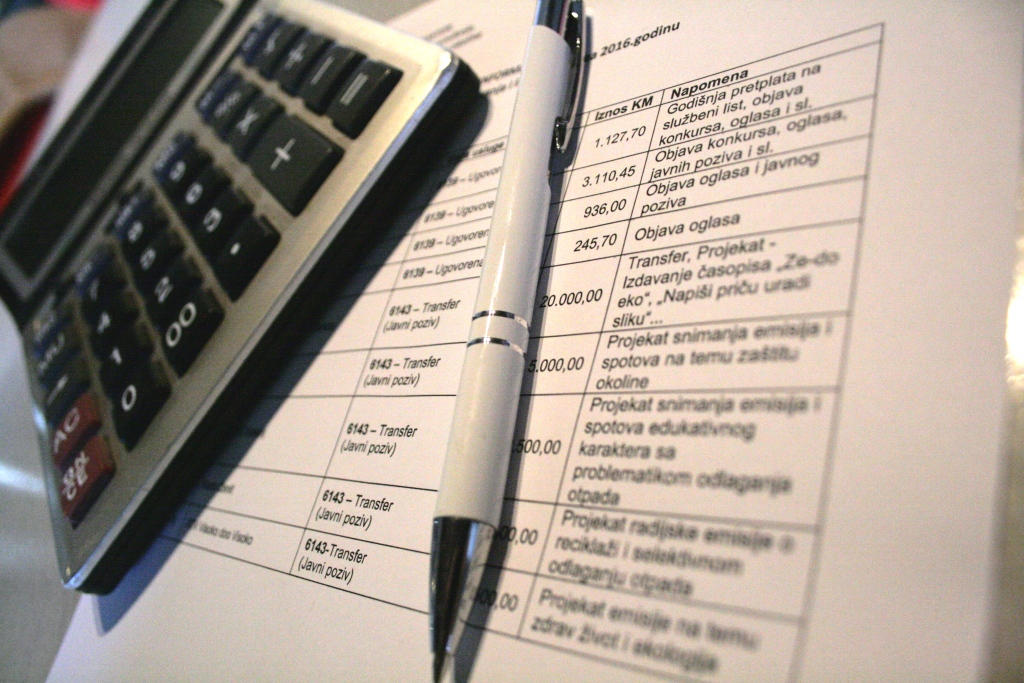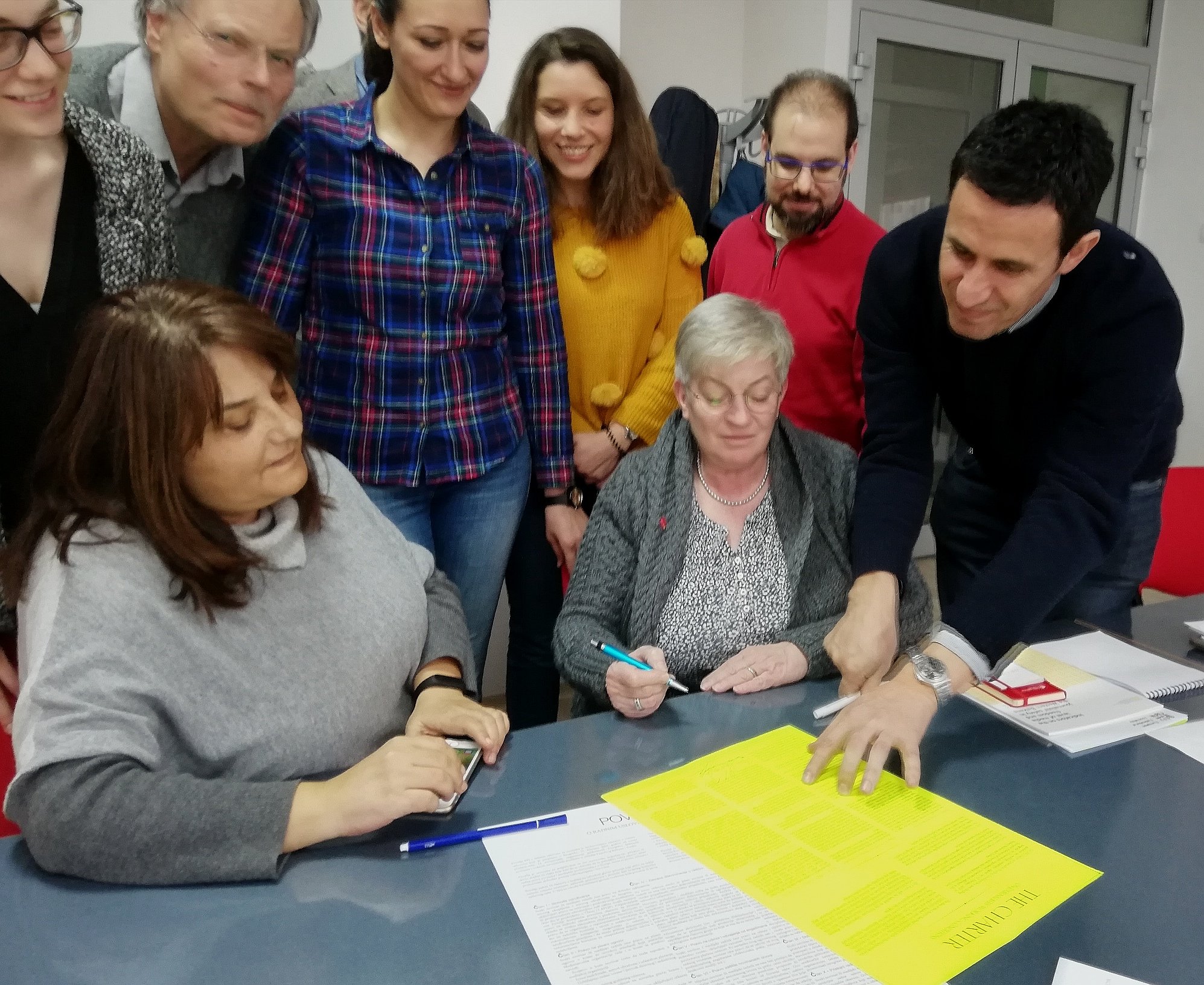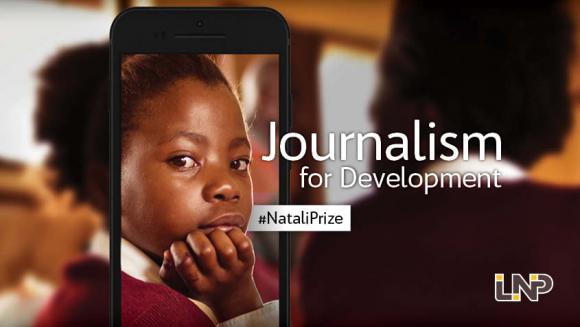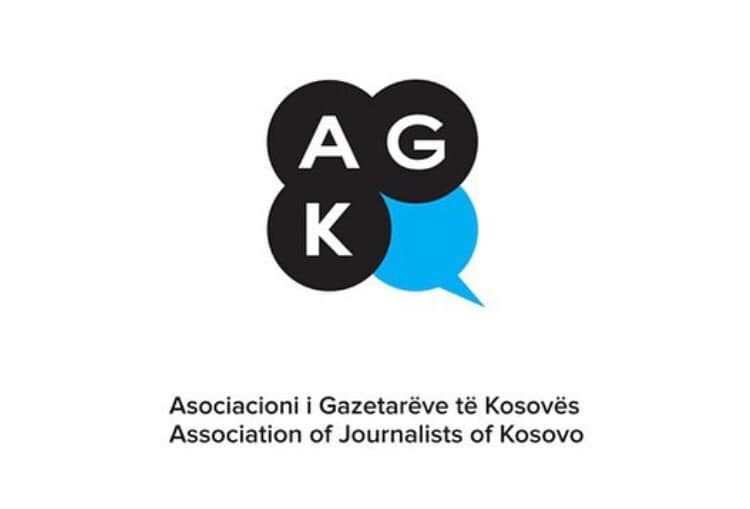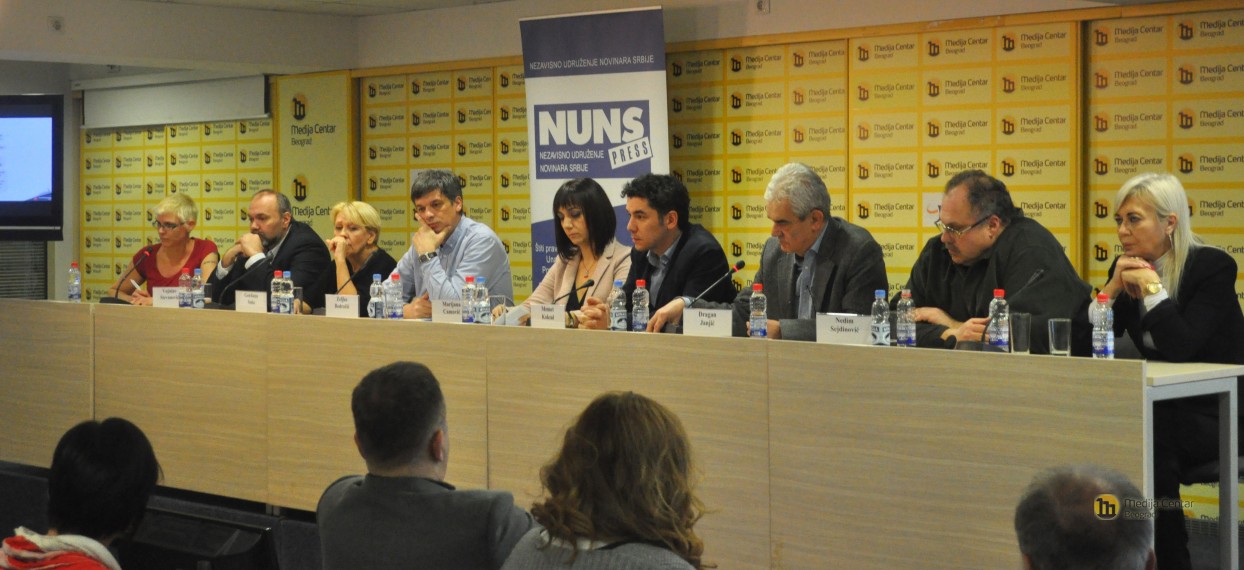SARAJEVO, 20.02.2018.-Allocation of public budget funds for media houses, that is, media financing by public institutions and public enterprises (companies), has been carried out through several segments: direct budget allocation for the work of public services, news agencies and local media houses established and founded by public institutions; budget allocation for media (both private and public) through different project support, grants and projects and finally, allocation through commercial advertising of the institutions themselves, including public enterprises (companies) that is, through purchasing of media services and through leasing of available media space.
Transparency International in BiH has, through different types of researching and surveying, focused mostly on transparency and rational allocation of public funds, which included allocation to media houses, because of the opportunity that had, due to lack of transparency, lead to eventual misuse of public funds with the purpose of financing certain election campaigns, promotion of individuals and political parties too, including the protection of selected media houses that have had close ties with these political parties. TI in BiH, like other civil society organizations, has outlined the non transparency of public funds allocation and lack of criteria during the process of money allocation to media houses, even in situations with multi-millions being subject to these allocations.
Let us remind the audience about the allocation by the government of the Republic of Srpska to public and private media houses where, during the period of last 5 years, they allocated almost BAM 18, 9 million without clear criteria and there were also cases where certain financial funds were allocated even prior to deadlines for public bids, which only indicated that these public bids were actually used as “smoke screens” and that funds were targeted in advance to particular and selected media houses, mostly in order to get their affection during the pre-election period. What appeared as even more problematic is the fact that there has been no adequate monitoring, that is, follow- ing of spending and executions of these projects for which significant funds had been allocated, since these funds have mostly been related to the promotion of particular tourist, developing and similar projects or the promotion of culture and without any feedback or information regarding what media houses, that had been allocated the above-mentioned money amount, delivered or what kind of services they in fact provided.
Additionally, there were cases where certain productions required for making documentaries had been paid for to implement some projects, including associated promotional material, and these projects (documentaries) have never been publically released, which bring us to conclude that financial means planed for such projects were spent for completely different purposes, that is, the money was used to finance the election campaign of selected political parties. Local government units operate and function in an almost identical way, where, days prior to elections, an increasing number of projects suddenly emerges, including the activities launched and taken by municipalities and these are usually all advertised through media sources.
Consequently, allocated financial funds and means deriving from media services, increase during this particular period. This anomaly goes as far as making contracts that, for instance, concern “following the work of municipal mayor and municipal administration” or even following the activities of the certain municipal department. During 2016, over BAM 1, 1 million was allocated by the 48 local government units in the RS, with the purpose of commercial advertising for these particular municipalities. City of Bijeljina which in 2018 concluded two contracts valuing almost BAM 140.000, 00 with RTV BN, with one of these contracts aimed for commercial advertising and following the activities of City Council, city mayor and president of City Assembly, while the other was aimed for the promotion of investments, tourist, cultural and other potentials of Bijeljina city. The city of Doboj signed a contract in a very similar way, with the amount of almost BAM 85.000, 00 also aimed to follow the activities of City Council, city mayor, and City Assembly.
This case also seemed unique since they concerned the purchasing the promotion of individuals, public function holders during the election year, although city administration and assemblies have their own employees and offices that should make sure that media houses and general public were provided with information regarding the activities of city mayor and his/her administration (Council, Assembly etc.). Therefore, this issue here has not been about public campaigns, where the general public should be provided with required and specific information; instead, it has been about financing certain and selected media houses, so they could be completely biased and they could report about the above-mentioned individuals and the work conducted by local institutions.
TI of BiH has, through the research and survey regarding the business activities of public enterprises (companies), focused on allocation by these companies with the purpose of representation and commercial advertising and the question of rationality of commercial advertising of public companies that have often controlled the market in terms of having a monopoly related to the field of their business scope (such as electrical distribution, water and sewage systems, utility companies etc.). On one hand, we have here had, allocation by public enterprises (companies), used for commercial advertising in media, aimed for announcing public bids or vacancy announcements or used for the promotion of certain specific services and programs, which could actually be considered as justified commercial advertising.
However, the reality practice proved that this was actually done with the purpose of protecting and biasing certain media houses, that is, with several attempts to provide them with additional public budget funds, through miscellaneous projects or campaigns, and these public budget funds have actually been used for indirect financing of election campaign, that is, used for the promotion of particular political parties. Best illustration confirming the above-listed situation can be seen through increased allocation of public budget funds allocated by public enterprises (companies) for commercial advertising and representation purposes during the election years.
TI and business web site Capitol have during 2017, analyzed the information regarding the commercial advertising and representation of public enterprises (companies) and the analysis showed that 12 public companies in the Republic of Srpska had, during the period between 2014 and 2016, spent around BAM 2,5 million on commercial advertising, as their financial books confirmed this information, whereas their replies upon inquiries regarding this question, included significantly smaller amounts (around BAM 1,1 in total). Mostly, these companies came from the energy sector (electrical distribution, hydroelectric power plants, mines, and thermal power plants), as these certainly have had the monopoly in this sector, that is, their business has not been orientated towards foreign market and have not to need to advertise and invest in additional media promotion of their products and services to potential buyers.
This research also showed that there were outstanding differences (up to 50% in amounts that are used for these purposes during election and non – election years). Naturally, this only represented insignificant number of public enterprises (companies) with available information, which means that if we were to observe all public enterprises, we would most definitely conclude with significantly greater amounts than those indicated in the above-mentioned cases.
As far as criteria for selecting and appointing media houses where public institutions or enterprises shall advertise, should it be necessary, although they should comprehend specific criteria as requirement, including viewership figures, price, and other requirements, having in mind that this would lead to direct contracts and other less transparent procedures, then they do not follow any criteria but instead they make contracts about commercial advertising by their own will or even when open bids do take place, they (public institutions or public companies) require specific demands that only biased and certain media house can meet and fulfill. Because of the above mentioned, our practice and reality conform that public enterprises or institutions make business and cooperate with these media houses only and they advertise in media houses that are close to the political party which is in charge with the public institution or public enterprise.
There are cases where even during the process of public procurement the name of media that shall be awarded the contract appear in public and this often occurs as part of promotional financing at special manifestations organized by certain media houses. One of these cases occurred during the selection of Person of the Year organized by Nezavisne novine (Independent Newspaper), where public enterprises regularly allocate financial means in order to promote themselves at this manifestations.
Furthermore, Elektroprivreda RS (Public enterprise for electrical distribution) and its subsidiaries have been, during last several years, allocating around BAM 40.000,00 for the Selection of the Person of the Year and Sportsperson of the Year. There were many cases like this, one should only “go through” the public procurement official web site and look which media house was allocated a certain amount of money on the annual level through this particular type of advertising and what the subjects of this kind of special contract were.
However, even this information seemed insufficient, while for the information regarding the allocation for other purposes, one should really need to deep thoroughly in order to find them out, because we still do not have a database that would make access to this information easy or universal database that would cover this specific area. What must be outlined and emphasized here is that the commercial advertising itself or allocation of financial means for media does not have to necessarily be considered and treated as key problem; instead it is criteria, transparency, and allocation process that presents the problem, including the fact that there is no adequate and appropriate legislation that would regulate this particular field, especially, when we talk about some kind of fundament and basis required for the prevention of misuses of public budget, means for election campaign financing.
As far as the need for the introduction of limits during election year is concerned, in relation with commercial advertising of public institutions, bodies and enterprises, TI of BiH has indeed been advocating for their introduction and, alluding to international standards and guidelines that deal with the prevention of misuses of public resources during election campaign. On the other hand, there is a need for a more detailed definition of the way and type of commercial advertising for public institutions. However, there is no political will to accomplish this sys- tem not even when there is a question of advancing election legislative, including public procurement segment.
Unfortunately, instead of that, there have even been certain recommendations and proposals that media services should be excluded from the Law on Public Procurement and provision directed to the prevention of public resources during election campaigns should not be taken into consideration, because no political party has interests to denounce the opportunity that legal gaps enable them and provide them with, in terms of this specific issue.
This text is a part of E-Bulletin– ninth edition of special serial of BHN online bulletin implemented through the “Media and Public Reputation” (origin. “Mediji i javni ugled”) project, also representing a contribution to public debate regarding the transparency of media ownership and upholding and encouraging the passing of set of laws aimed to advance media field and information market in BiH.


